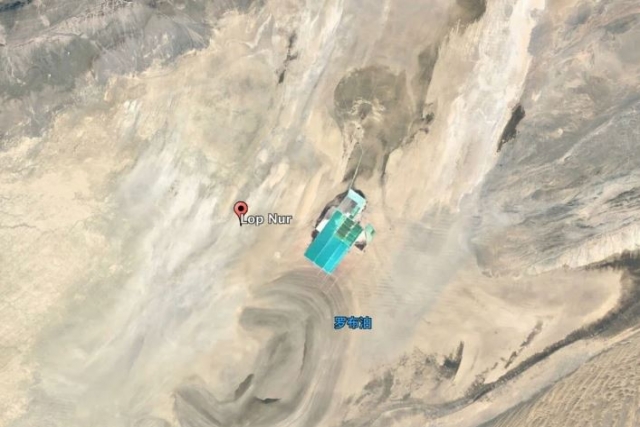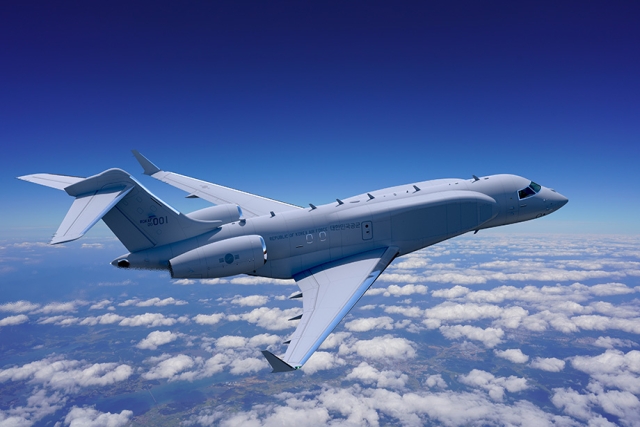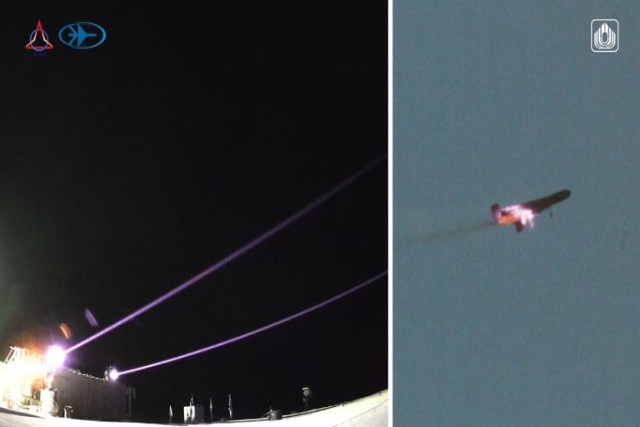United States to Quit Open Skies Treaty: Russia

Russia’s Ministry of Foreign Affairs has said that the United States has decided to withdraw from the Treaty on Open Skies that permits 35 member states to conduct unarmed aerial surveillance flights over one another’s territory.
“Experts who are closely monitoring developments here believe that the US has already taken its decision on pulling out of the treaty,” Sergei Lavrov, Russian foreign minister, was quoted as saying by Interfax on Tuesday.
“I don’t think the other countries will follow US’ suit. It seems to me that Europeans understand that the Open Skies Treaty has added value as an instrument of trust, an instrument of predictability, transparency, and we consider it as such,” Lavrov added.

Treaty on Open Skies:
Constructed in 1992, the pact allows 35 member countries to engage in unarmed surveillance flights over one another's territory (including mainland, islands, and internal and territorial waters) in order to increase military-to-military transparency.
Member states are the United States, Russia, Germany, France, the United Kingdom, Turkey, Italy, Spain, Canada, Belarus, Belgium, Bosnia and Herzegovina, Bulgaria, Croatia, the Czech Republic, Denmark, Estonia, Finland, Georgia, Greece, Hungary, Iceland, Kazakhstan, Latvia, Sweden, Lithuania, Luxembourg, the Netherlands, Norway, Poland, Portugal, Romania, Slovakia, and Slovenia.
Each state-party is allowed a specific number of overflights every year and each is treaty-bound to accept a certain number of overnights over their own territory.
The pact requires countries planning surveillance flights to notify the host country of its plans in advance and to permit personnel from the host country to be on board the plane.
The United States feels Russia has an “unfair advantage.” In 2014, Moscow established restrictions on flights over certain sensitive areas, including the Kaliningrad region and along its border with contested parts of the republic of Georgia.
Three years later, Washington prevented Russian observation flights over Hawaii, home of the US Pacific Fleet headquarters, as well as over the missile defense interceptors stationed in Alaska.
"Vladimir Putin has violated the Open Skies Treaty for years while continuing to benefit from surveillance flights over the United States. The president should withdraw from the treaty and redeploy the hundreds of millions of dollars the Pentagon wastes on Open Skies flights and equipment to increase US combat power,” Senator Tom Cotton (R-Arkansas) said in a statement last October.











